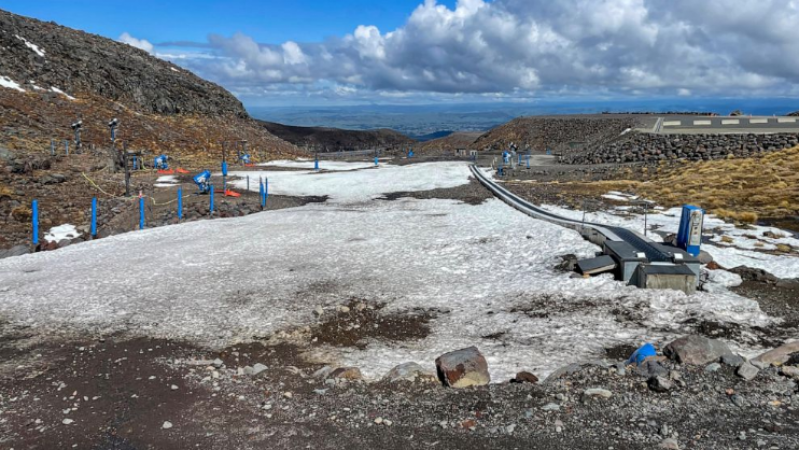
Wellington: The agency that tracks temperatures reported Wednesday that New Zealand had its hottest year on record in 2022, surpassing a record set just a year earlier thanks to a combination of natural weather patterns and man-made global warming.
The top four hottest years on record for the country have all occurred since 2016, and scientists don't expect that trend to change. Around the world, records are being broken, and in 2022, other countries like Spain and Britain will also set new records.
In addition to being warm, 2022 was also among the wettest in New Zealand. Storms in August caused landslides, flooded rivers, and forced hundreds of residents to leave their homes.
Also Read: Afghan women athletes barred from play, fear Taliban threats
Following a disastrous winter season with little snow, two of the largest ski areas in the nation were put into a type of bankruptcy proceeding in October.
The average temperature nationwide in 2022, according to the National Institute of Water and Atmospheric Research, which has been keeping track of temperatures since 1909, was 13.8 degrees Celsius (57 degrees Fahrenheit).
That broke the previous record by 0.2 degrees Celsius and was more than 1.2 degrees Celsius above the long-term average.
Principal scientist at the agency Chris Brandolino said the La Nia system, which brings warmer air to New Zealand and cooler-than-normal ocean temperatures to the tropical Pacific, was one of several weather cycles that contributed to the high temperatures.
He claimed that external causes also played a role.
Also Read: Pushpa Kamal Dahal started anti-India propaganda after he became Nepal's PM
According to Brandolino, "Climate change continues to influence New Zealand's long-term temperature trend."
According to him, the amount of carbon dioxide in the air near Wellington is continually increasing.
Sadly, the trend—which dates back to before 2014—continues to rise and in the wrong direction, he said.
Brandolino claimed that the massive eruption of a volcano in Tonga had no appreciable impact on the weather in 2017.
He predicted that the first few months of 2023 would continue to be warmer and rainier than usual, and that temperatures would continue to rise over time.
Also Read: British Heathrow Airport discovered uranium in a package in December
It's difficult to imagine us departing from the current trend, Brandolino said.